Daily Report Archives
Established in December 1993, the Nautilus Institute’s *N*ortheast *A*sia *P*eace and *S*ecurity *N*etwork (NAPSNet) Daily Report served thousands of readers in more than forty countries, including policy makers, diplomats, aid organizations, scholars, donors, activists, students, and journalists.
The NAPSNet Daily Report aimed to serve a community of practitioners engaged in solving the complex security and sustainability issues in the region, especially those posed by the DPRK’s nuclear weapons program and the threat of nuclear war in the region. It was distributed by email rom 1993-1997, and went on-line in December 1997, which is when the archive on this site begins. The format at that time can be seen here.
However, for multiple reasons—the rise of instantaneous news services, the evolution of the North Korea and nuclear issues, the increasing demand for specialized and synthetic analysis of these and related issues, and the decline in donor support for NAPSNet—the Institute stopped producing the Daily Report news summary service as of December 17, 2010.
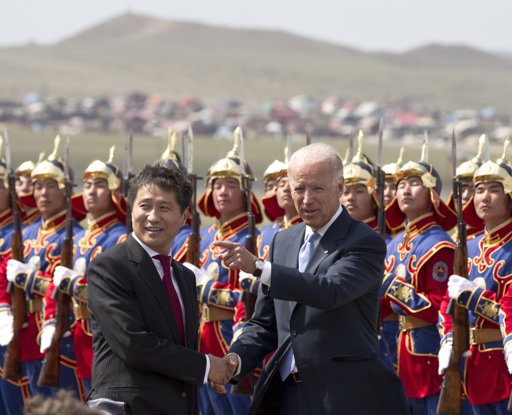
Stephen Noerper, a former professor of international relations at New York University and the National University of Mongolia, provides an overview of Joe Biden’s recent visit to Mongolia. He writes, “Surprisingly the great lessons of the U.S. Vice President’s journey lie more with Mongolia than larger China or Japan—at least this time around.”
Go to the article
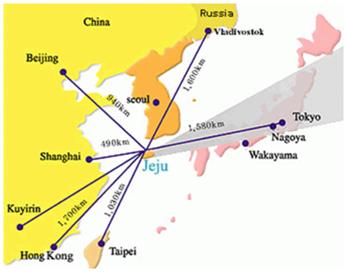
Gwisook Gwon, a lecturer in the Department of Sociology at Jeju National University, South Korea analyzes the ‘Save Jeju Island’ civil society movement, which has been protesting the construction of a naval base south-west of the Korean peninsula for the past ten years. Her article presents opposing discourses surrounding issues of democratic procedure, community solidarity and environmental protection in relation to the base’s construction.
Go to the article
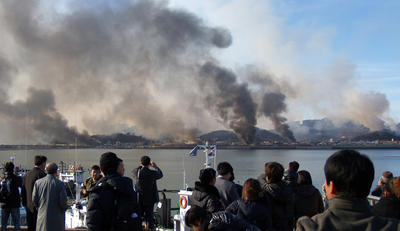
Ken Jimbo, an Associate Professor at the Faculty of Policy Management, Keio University, writes, “We can reach a tentative assessment that deterrence failed in 2010, and is likely to fail again, but that escalation control succeeded. The recent incidents indicate a ‘stability–instability paradox’ on the Korean Peninsula — there is a decreasing probability of major war but an increasing probability of low-level conflicts.”
Go to the article
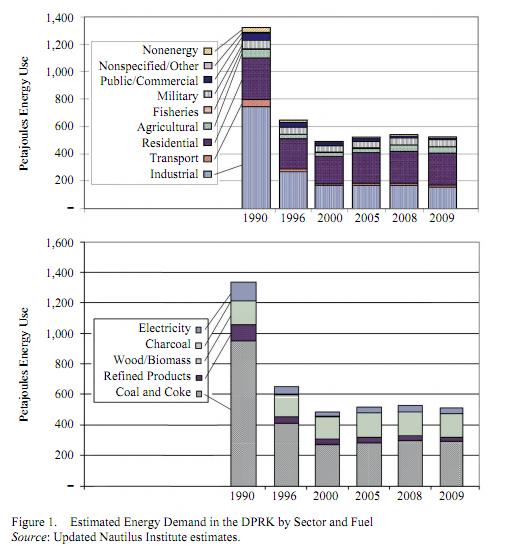
Peter Hayes, David von Hippel and Scott Bruce discuss changes in the DPRK energy sector (particularly since 1990) and look at the current supply and demand balance in North Korea, noting the vulnerabilities and critical needs of that sector. The authors also explore options for the rehabilitation of the DPRK energy grid that could be used in negotiations with North Korea as part of a “roadmap” to denuclearization. The report also considers the DPRK’s legitimate energy needs if negotiations are not successful and the DPRK either collapses (due to an internal coup, succession crisis, or war) or continues to stagnate. The report concludes by identifying the robust strategies that are important in both engagement and non-engagement scenarios.
Peter Hayes is a Professor of International Relations, RMIT University, Melbourne, and Executive Director of the Nautilus Institute. David von Hippel is a Nautilus Institute Senior Associate and Scott Bruce is the Director of the Nautilus Institute, San Francisco.
Go to the article
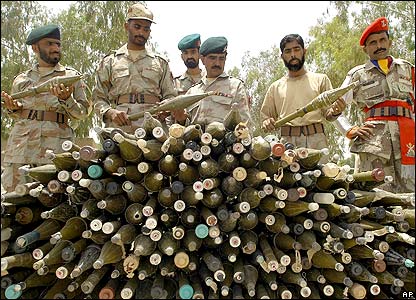
Joshua Pollack, a consultant to the US government, analyzes the discrepancies between news reports, which often claim Pyongyang sells large numbers of ballistic missiles abroad, and the actual contents of seized arms shipments. Pollack asserts that while there ahas recently been an unprecedented number of intercepted conventional arms shipments from North Korea, the number of complete missiles in such shipments has fallen dramatically since 1994 due to Western sanctions and an influx of missile suppliers on the global market.
Go to the article
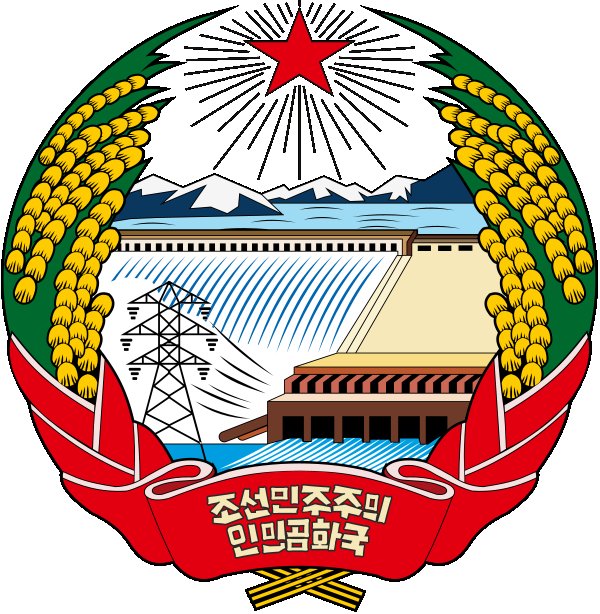
Jae-Young Yoon, Director of the Power System Research Group, Smart Grid Division, Korea Electrotechnology Research Institute (KERI), Seoul, provides an overview of the present status of the DPRK power sector, including newly analyzed data and future prospects of electricity supply and demand in North Korea. This report also establishes several basic inter-Korean energy cooperation plans and considers possible changes in inter-Korean relations as a result of electric power system interactions. The proposed plans included in this report are intended to be a starting point for interconnecting the power systems of the two Koreas and the fulfillment of longstanding grand plans for a Unified Korean Power System (UKPS).
Go to the article







